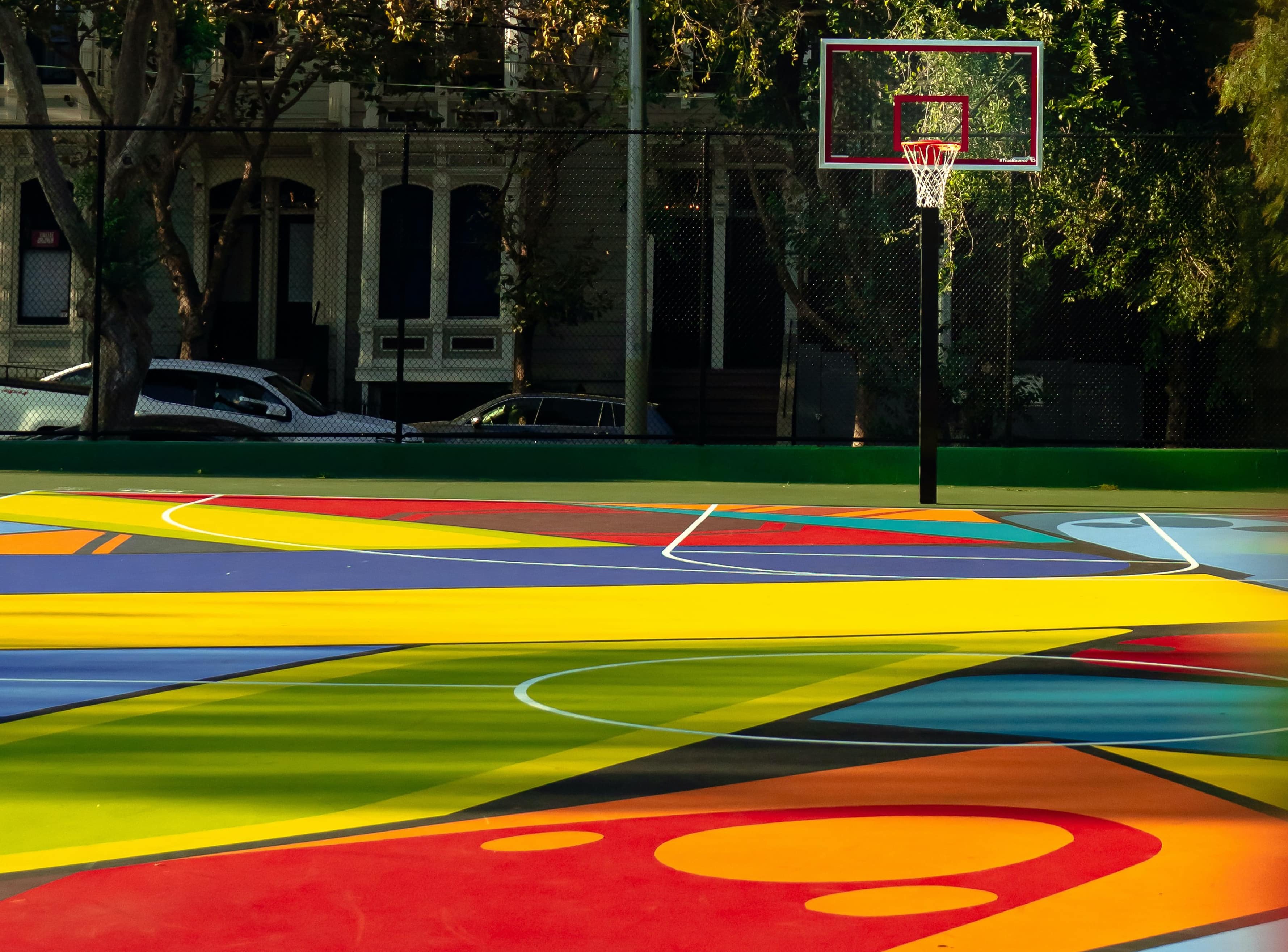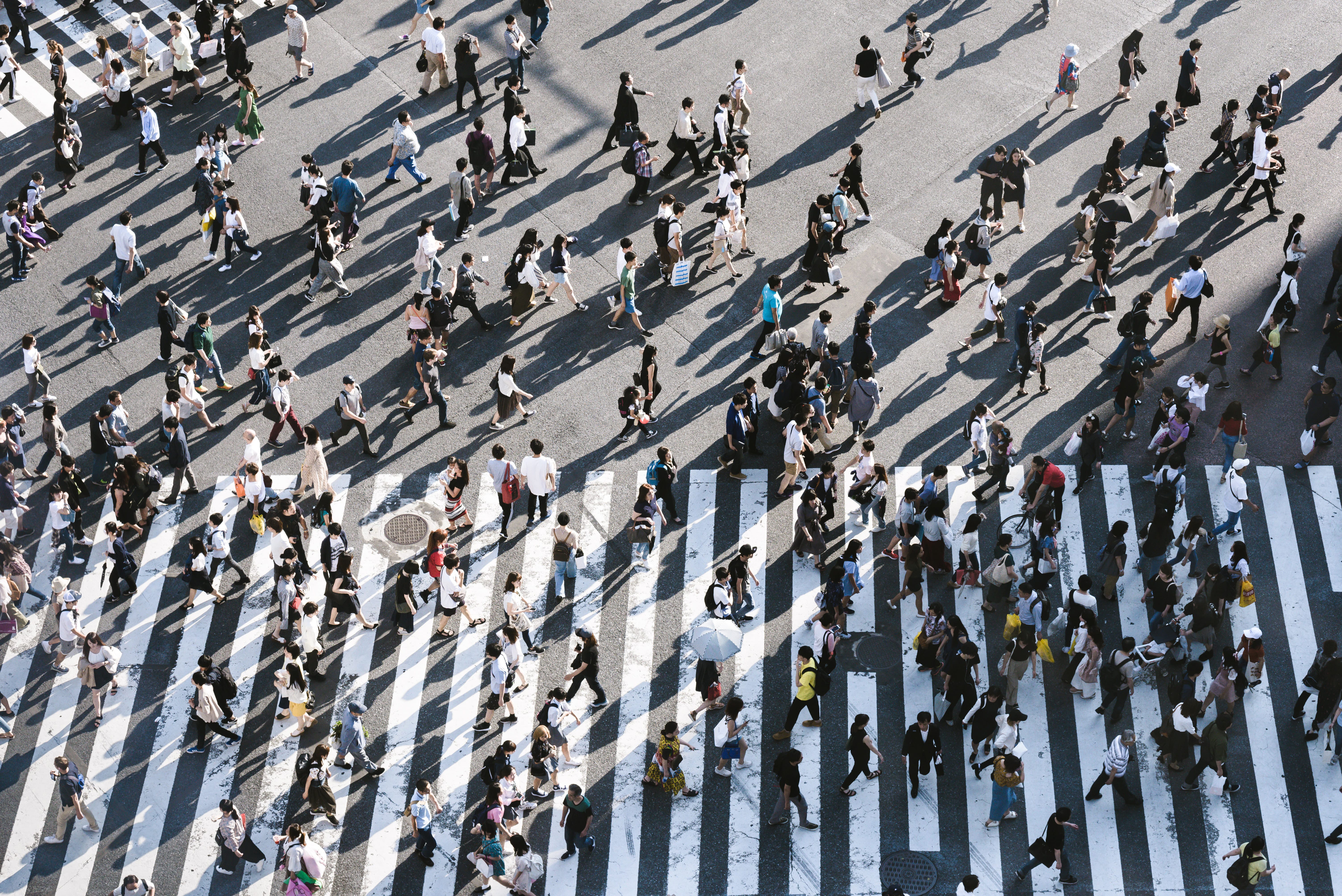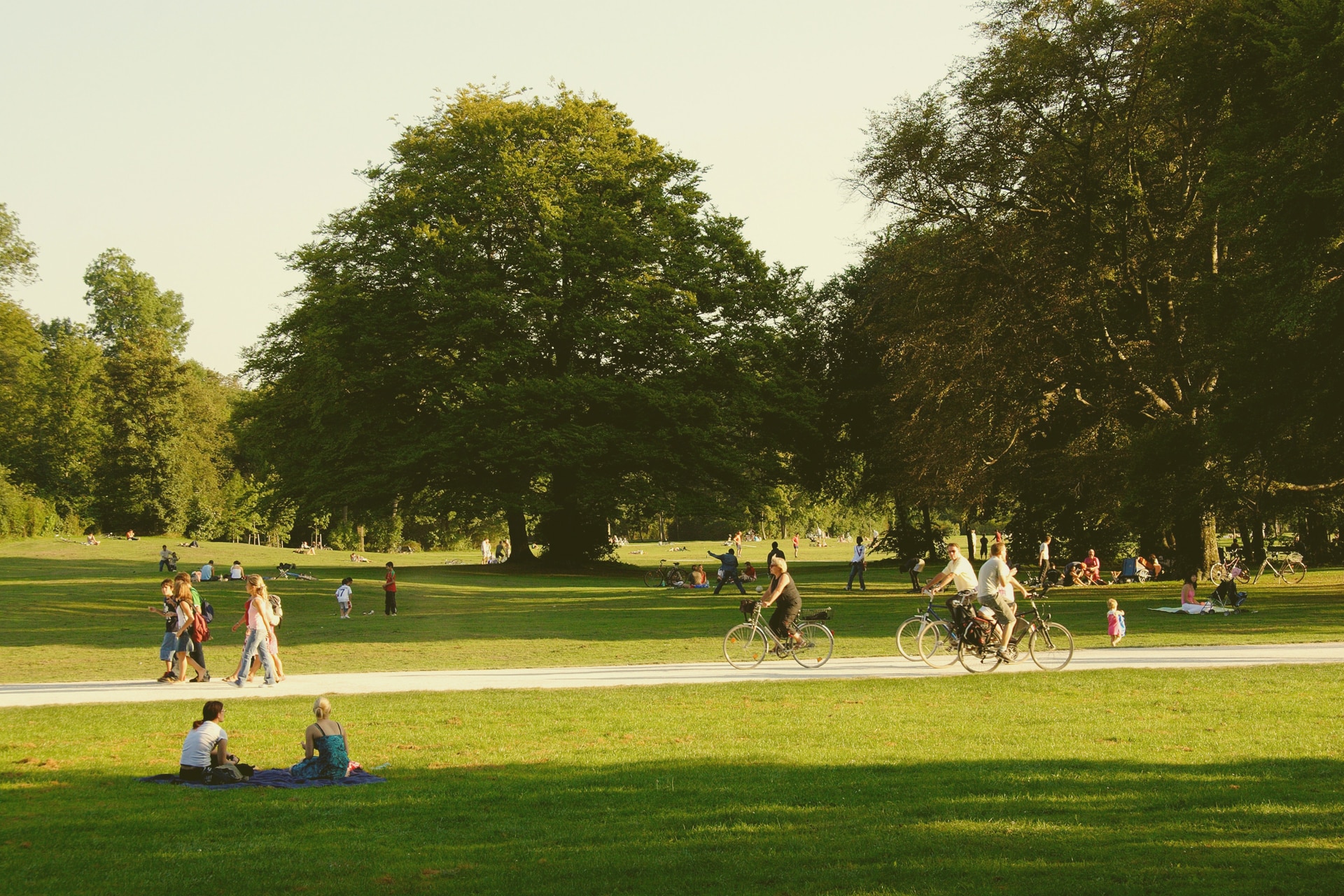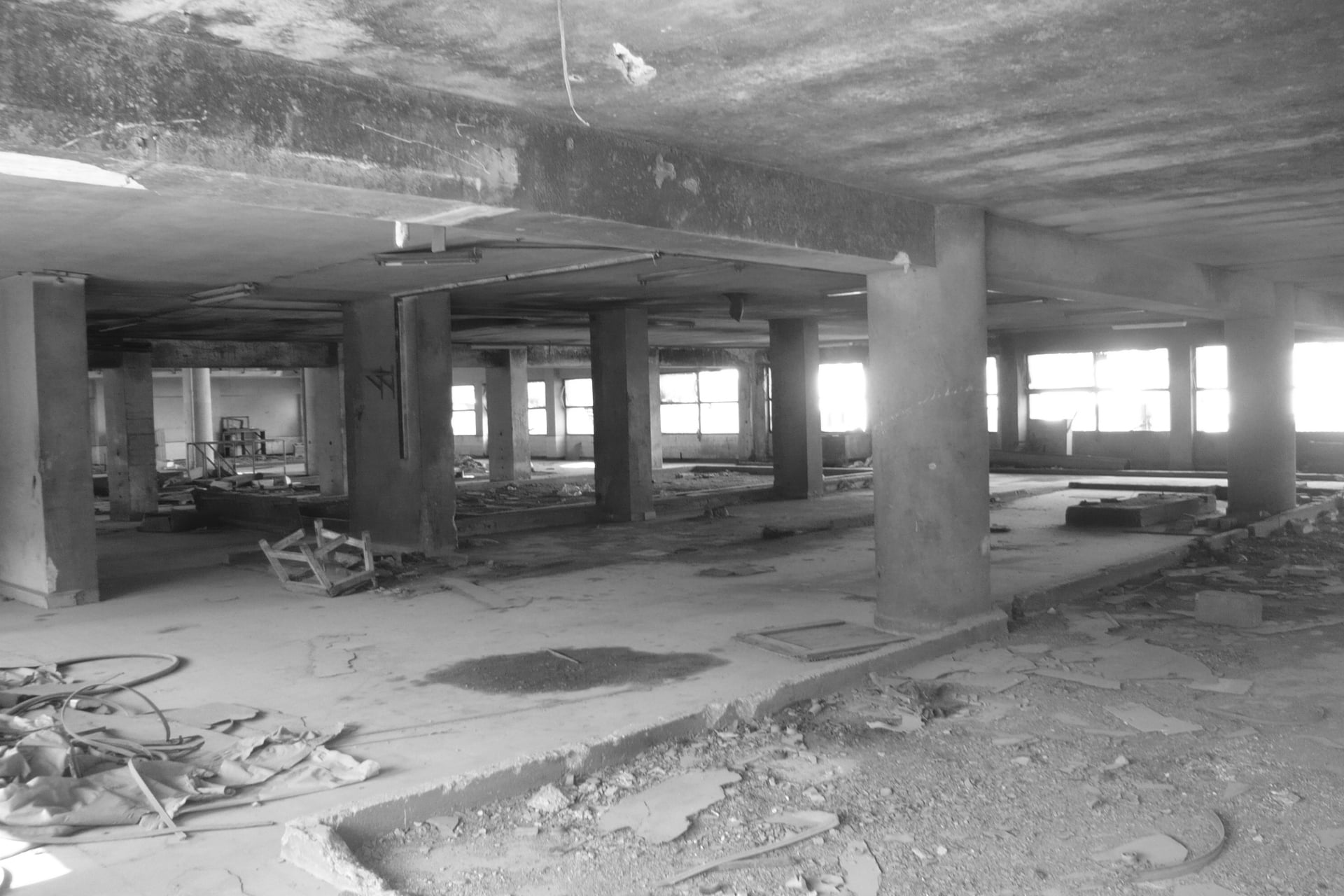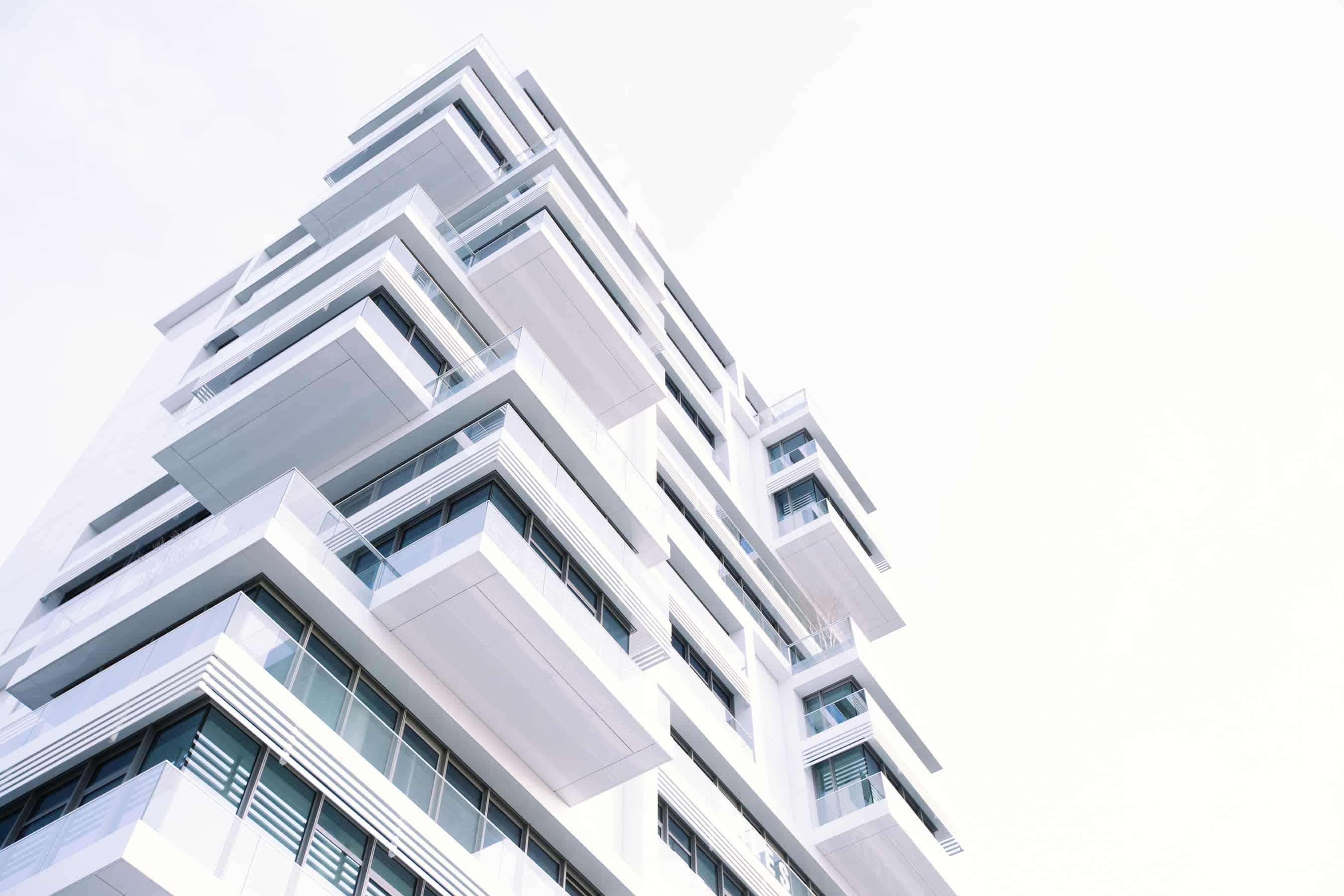Designing Modern Countryside Interiors
Modern Country has been on the rise as a popular designing style for quite some time. This designing style has gained popularity because of the feeling of simpler living that it alludes to. The countryside is characterized by its abundance of space, providing peace and solitude for its residents. It always has a calming and […]
read more

